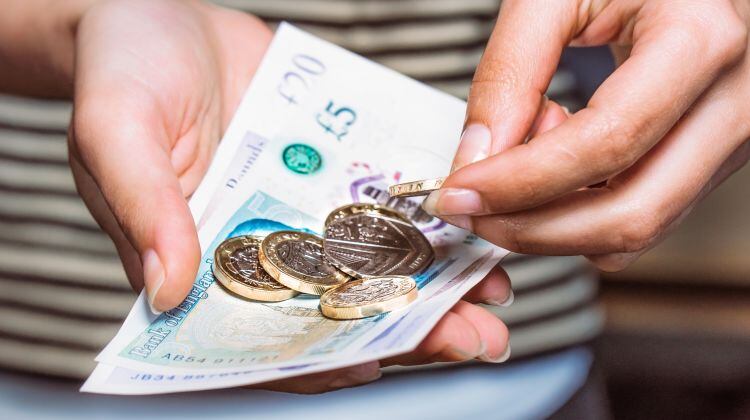The PPC, which is voluntary and promotes the fair treatment of suppliers, requires companies to pay 95% of invoices within 30 days to small suppliers and 95% of all invoices within 60 days.
The businesses had the opportunity to voluntarily withdraw their code membership but had not engaged with the small business commissioner who runs the PPC on behalf of the Department for Business, Energy and Industrial Strategy, it was claimed.
Payment Practice Reporting data showed Diageo Scotland were paying 42% of invoices within 60 days.
The figures also showed Diageo Global Supply IBC were paying almost a third (32%) of invoices within 60 days, Diageo Northern Ireland 33% within the same time period and Diageo Great Britain were paying 36% of invoices within 60 days.
In addition, Unilever UK were paying about half (51%) of their invoices in the timeframe.
Small business commissioner Liz Barclay said: “It is always disappointing when a company can no longer reach the payment standards set by the PPC.
“The code is there to make sure suppliers get paid as quickly as possible and when firms leave or are removed there is a risk payments to suppliers will be slower.
“We will work with the firms mentioned to get them back onto the code as quickly as possible should they wish to return because that’s to the benefit of the suppliers and to the companies themselves.”
Performance improvement call
Small business minister Paul Scully said as firms recover from the pandemic, the last thing they needed is big companies holding back funds owed.
He added: “I urge the companies that have been removed from the code to get their acts together to improve their performance.”
In response to the removal, Diageo outlined how it segments its suppliers into two groups – small to medium, those with less than 250 employees (SMEs) and larger suppliers including multi-national firms.
The company stated all its SME suppliers are on 60-day standard payment terms with larger suppliers on contracts involving different payment terms, agreed on a mutual, case-by-case basis.
It went on to outline a number of actions it has undertaken to improve payment practices including segmenting it supplier base in a bid to better support SMEs and bringing forward payment runs to help ensure funds are cleared with SMEs within the 60-day period.
It also highlighted it has introduced the Diageo Supplier Service Hub, it continues to analyse the root cause of any late payments, including processing errors caused by Diageo or its suppliers alongside all of its suppliers having access to preferential supplier financing options that leverage Diageo’s global credit rating.
Furthermore, the company said while it is no longer a member of the PPC, it will continue to work hard to ensure all suppliers are paid to agreed terms, with an acute focus on SMEs.
It gave the example of in its submission for January this year, 97% of its SME suppliers and 93% of all suppliers were paid to terms.
Company reaction
A Diageo spokesperson said: “While the code has changed, our commitment to ensuring all suppliers are paid on time has not.
“In our latest report, 97% of our SME suppliers and 93% of all suppliers were paid on time. We will continue to work hard on our payment practices, with an acute focus on SME suppliers, reflecting the original intent of the code.”
Unilever stated it was proud to be one of the first companies to sign up to the Government’s voluntary PCC in 2021.
A company spokesperson said: “We’re disappointed to have been removed, given our payment terms have not changed in any way and it is the PPC criteria that has changed since we joined.
“At Unilever, we are committed to paying all of our suppliers fairly and on time. We believe we do still fully honour the spirit of the PPC and our most recently reported figures confirm we have paid more than 98% of all our invoices on time, including prioritising our SME suppliers who are paid within 30 days.”
The company went on to say while it was disappointed with the outcome, Unilever’s focus will continue to be paying all suppliers on time and prioritising SME suppliers and this won’t change.
The spokesperson added: “The PPC requires companies to achieve payment of at least 95% of invoices within 60 days. For some of our bigger suppliers we have longer payment terms, which are mutually agreed upfront by both parties and in our recent reported figures, our average is 64 days.
“Previously consideration was given that Unilever prioritised its SME suppliers with payment terms of 30 days but this consideration was removed.”


